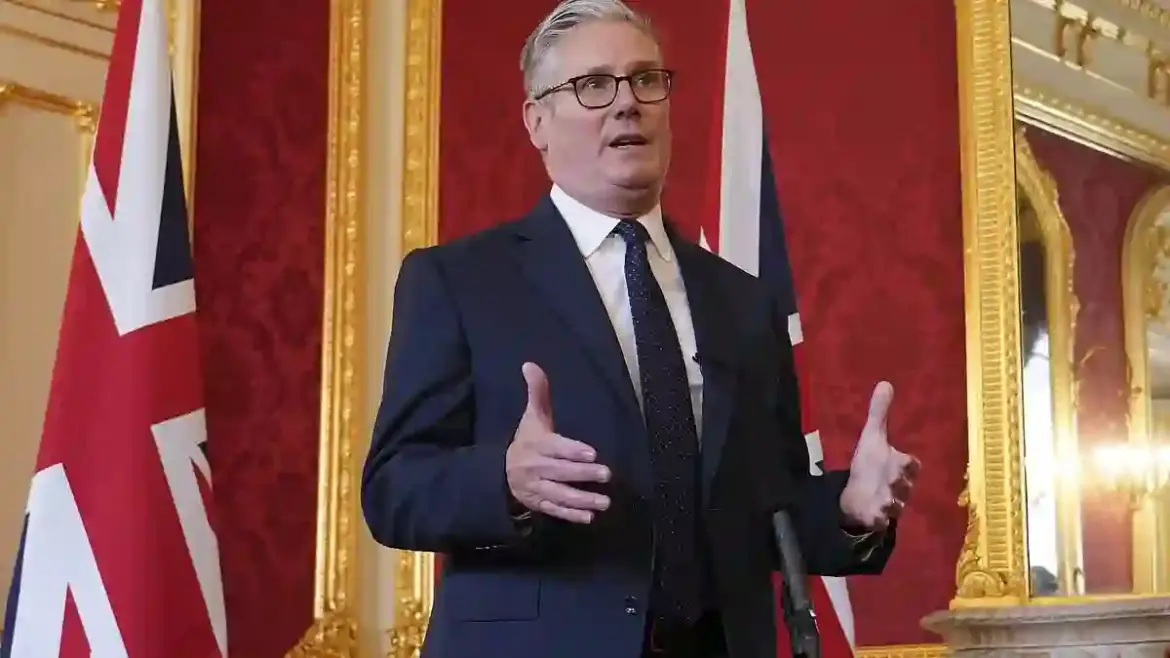Keir Starmer has admitted something his critics have been saying for years: Labour has “shied away” from properly addressing immigration.
The Prime Minister made the admission as he faces growing frustration from voters and sliding poll numbers, especially over issues like Channel crossings and asylum hotels.
Speaking ahead of a major summit in London, Starmer tried to position himself as tough but fair on borders, stressing that avoiding the issue in the past has only damaged trust.
A New Push on Border Control
To prove he’s serious, Starmer unveiled his latest plan: digital ID cards for everyone working in the UK.
He argued that this would make it harder for people to slip into the so-called “shadow economy” and work illegally.
“The truth is, every nation must have control over its borders,” he said.
“For too long, it’s been too easy to enter the country, disappear, and stay illegally.”
Starmer also pushed back against the idea that relying on migrant labour is “compassionate” politics, saying it undercuts fair wages and exploits foreign workers.
Responding to a Summer of Anger
His remarks come after a summer of public unrest.
Protests erupted outside hotels used to house asylum seekers, while a campaign called “Operation Raise the Colours” has seen flags and signs appear across the country in opposition to immigration policies.
Starmer knows these images have fed a wider sense that the government isn’t in control.
By rolling out mandatory digital IDs, he hopes to signal a break from what he described as years of inaction.
Taking Aim at Political Rivals
Starmer also drew a clear dividing line between Labour’s approach and that of Reform UK, which has been gaining traction with hardline immigration rhetoric.
Writing in the Telegraph, he accused Nigel Farage’s party of offering “toxic” solutions that prey on fear and resentment.
“There’s a choice to make,” he told summit attendees. “A politics of grievance that exploits working people, or a politics of renewal that rebuilds our communities from the bottom up.”
Warning About Online Hostility
The Prime Minister also turned his attention to the digital world, warning about the “industrialised infrastructure of grievance” that thrives online.
He described social media discourse as “miserable, joyless, demonstrably untrue,” yet also dangerously effective at fuelling division.
He pointed to recent protests in London, saying the rhetoric behind them was “naked in its attempt to intimidate” and framed politics as a looming violent struggle for national survival.
A Call for Progressives to Self-Reflect
Starmer closed with a challenge to his own side. He told campaigners who consider themselves progressive that they, too, need to “look in the mirror” and acknowledge the times they’ve ignored genuine public concerns.
His message was clear: if Labour wants to rebuild trust, it can’t avoid tough conversations on immigration any longer.
